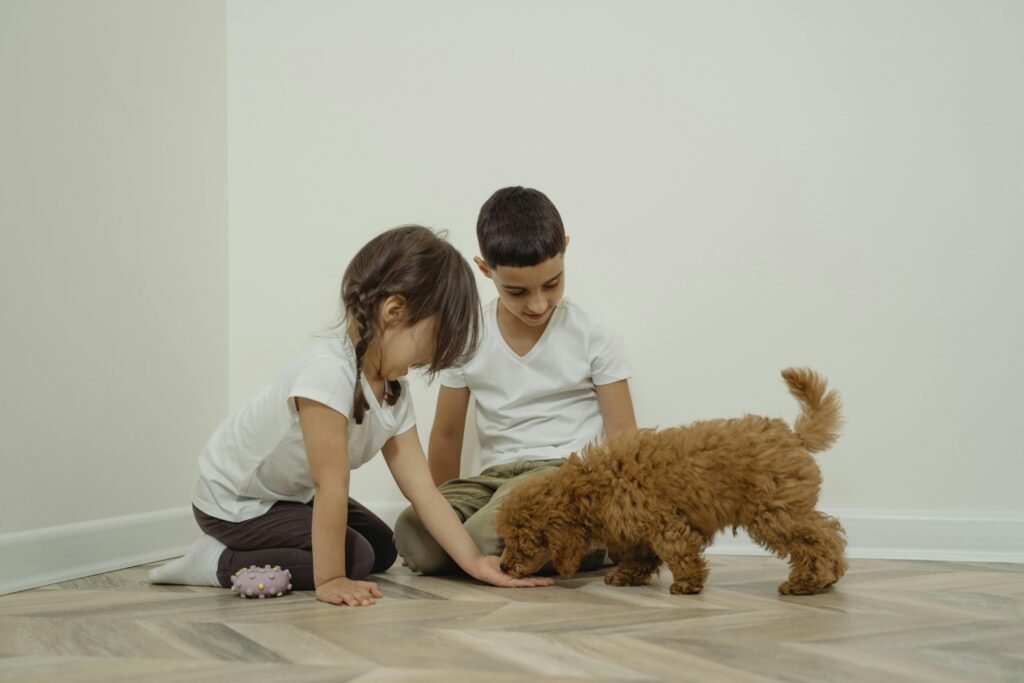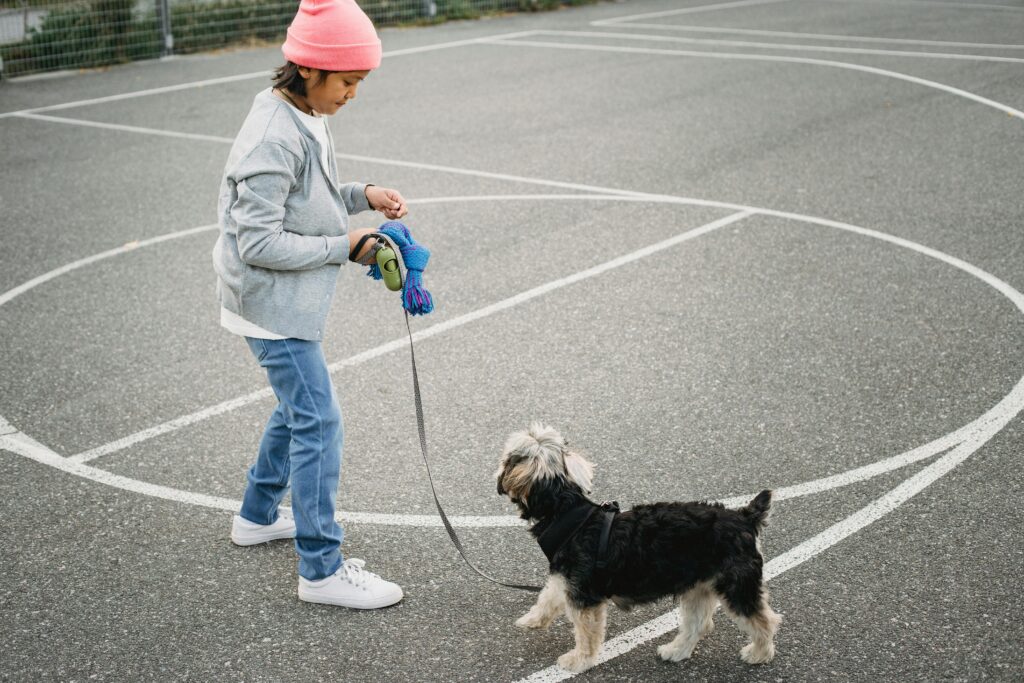
Introducing pets into a child’s life can significantly enhance their emotional and social development. Research and expert opinions highlight various ways in which pets contribute to children’s growth, fostering skills that are crucial for their overall well-being.
Emotional Development
Pets provide a unique source of comfort and emotional support for children. The presence of a pet can help regulate a child’s emotional responses, particularly during stressful times. Studies indicate that interactions with animals can lower stress hormones like cortisol, while increasing the production of feel-good hormones such as oxytocin and dopamine. This biochemical response not only promotes happiness but also aids in reducing anxiety and depression.
Moreover, caring for a pet teaches children empathy and compassion. By understanding and responding to their pet’s needs, children learn to recognize emotions in others, which is essential for developing healthy relationships. This nurturing behavior often extends beyond their pets to peers and family members, enhancing their ability to connect with others on an emotional level.
Discover: Pets Can Help Keep Childrens’ Mental, Physical, and Emotional Health in Balance
Social Skills
Pets can also serve as social facilitators, helping children improve their communication skills. Engaging with pets encourages children to express themselves verbally, as they often talk to their animals, sharing thoughts and feelings. This interaction can stimulate language development and improve vocabulary, particularly in young children.
Additionally, pets can help break the ice in social situations. For instance, children walking a dog may find it easier to engage with peers, fostering conversations and building friendships. The presence of a pet often creates a non-threatening environment, allowing children to practice social interactions without the pressure of adult expectations.
Responsibility and Trust

Owning a pet instills a sense of responsibility in children. From feeding to grooming, these tasks require commitment and routine, teaching kids the importance of caring for another living being. This responsibility fosters self-esteem and independence, as children see the positive outcomes of their efforts in keeping their pets healthy and happy.
Pets also help children learn about trust. The unconditional love and loyalty provided by pets can create a safe space for children to explore their feelings and develop trust in their relationships with others. This bond can be particularly beneficial for children facing challenges in social settings, as the nonjudgmental nature of pets allows for a secure emotional outlet.
Coping with Loss
Experiencing the loss of a pet can be a child’s first encounter with grief, providing a valuable opportunity to learn about loss and coping mechanisms. This experience can help children understand and process their emotions, equipping them with the skills to handle grief in other areas of life, such as losing a family member or friend.
Conclusion
The benefits of having a pet extend far beyond companionship. Pets play a pivotal role in shaping children’s emotional and social skills, teaching them empathy, responsibility, and effective communication. As children learn to navigate their feelings and relationships through their interactions with pets, they develop essential life skills that will serve them well into adulthood. Thus, introducing a pet into a child’s life can be a transformative experience that fosters holistic growth and well-being.
Do you own an assistance animal? Register your pet today. The Service Animal Registry of California invites you to have your assistance animal registered in order to designate its status. We also encourage you to take our online classes so you can be fully aware of your rights and gain more knowledge about your support animal.
Finally, we present to you our book entitled, “ASSISTANCE ANIMAL LAWS: LEARN YOUR RIGHTS REGARDING SERVICE ANIMALS, EMOTIONAL SUPPORT ANIMALS, THERAPY PETS, AND OTHER DOGS, CATS, AND ASSISTANCE ANIMALS” to provide you with a complete education on assistance animals. Purchase your copy of the book by clicking the image below.

